Description
Discover the natural secret to healthier skin and hair with our Til Black Sesame Seeds. Packed with nourishment, these crunchy seeds are rich in lignans, unsaturated fats, calcium, and zinc. Our locally and sustainably sourced seeds are pure and unadulterated, ensuring you get the best quality. Sesamin and sesamolin found in these seeds help decrease cholesterol, regulate blood pressure, and protect the liver. With a high content of dietary fiber, calcium, magnesium, iron, phosphorus, zinc, and vitamin B1, these seeds are a must-have for a nutritious diet. Elevate your wellness journey with Khari Baoli Til black sesame seeds.















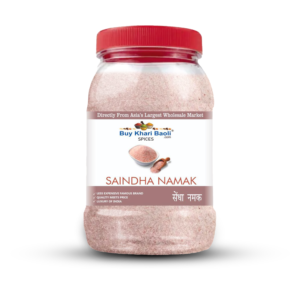
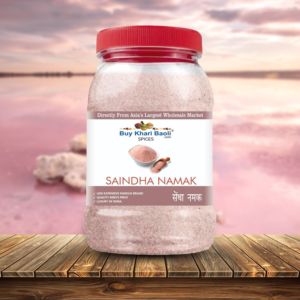
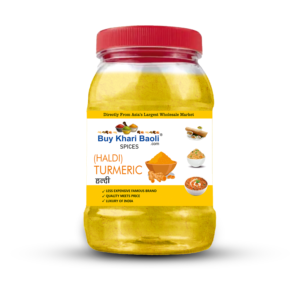

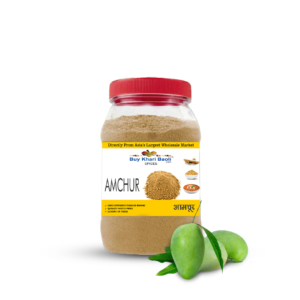
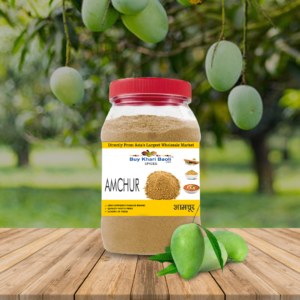
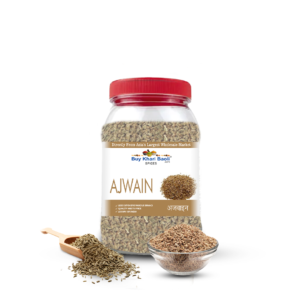
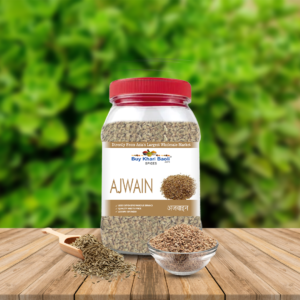






Reviews
There are no reviews yet.